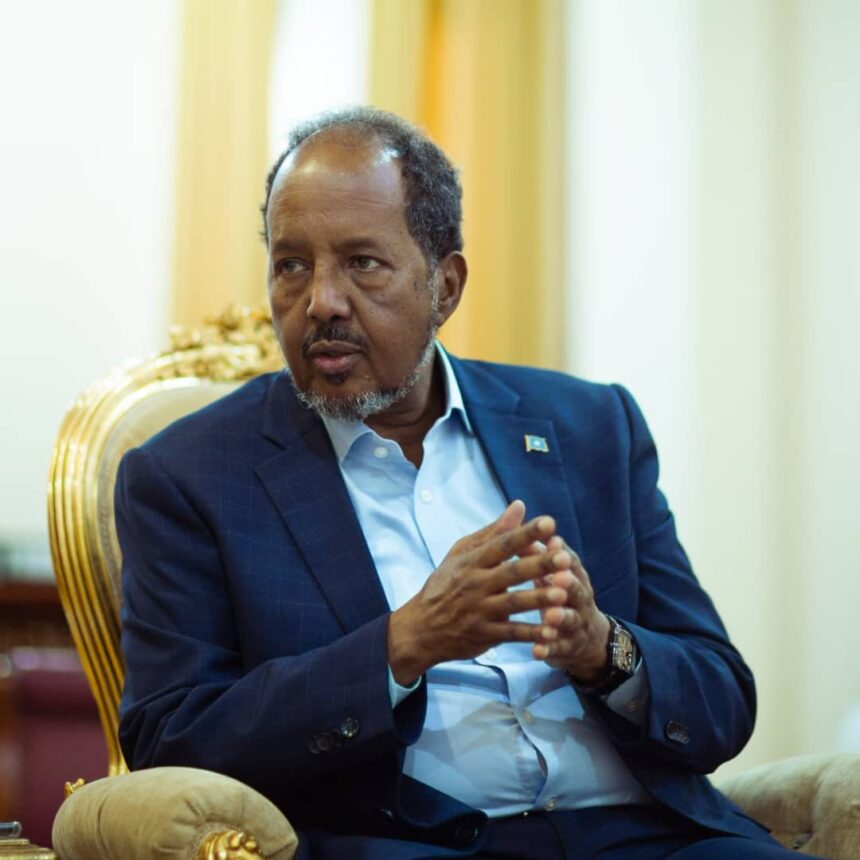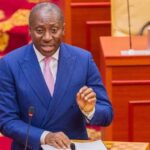Authorities in Somalia have arrested four TikTok users for allegedly insulting President Hassan Sheikh Mohamud in a viral dance video. The video, which features young men dancing to a remixed version of the president’s 2022 campaign song, reportedly included altered lyrics with derogatory language aimed at the head of state.
Police say the suspects are in custody and will be formally charged, though no further comments have been made since their arrest. This marks the first known case in Somalia where social media users have been detained for content targeting a top political figure.
In recent years, Somali authorities have cracked down on TikTok influencers for spreading clan-based insults, incitement, and what they deem “immoral” content. In August 2024, seven TikTokers were sentenced to six months in prison by a Mogadishu court for provoking civil unrest. The latest arrests have reignited public debate over the role of social media in Somalia’s fragile political landscape.
Police spokesperson Gen Abdifatah Aden warned that any future acts deemed disrespectful to national institutions or leaders would be met with the “full force of the law.” Although the original video has been deleted, it continues to circulate widely across TikTok and other platforms.
TikTok remains a popular outlet in Somalia and among its diaspora, especially for youth-driven political satire and commentary. However, concerns over misinformation, extremist content, and moral erosion have prompted government scrutiny. In 2023, officials considered banning the platform altogether, but the move was shelved following strong public opposition.
Meanwhile, in Ghana, similar tensions are emerging around social media regulation. During his first presidential media engagement since taking office in January 2025, President John Dramani Mahama called for clear guidelines to govern online platforms. He warned that unchecked hate speech and threats on social media could incite violence and undermine national unity.
Last month, the Ghana Police Service launched an investigation into a viral TikTok video in which an individual allegedly issued threats against President Mahama and the First Lady. The video, widely circulated online, was deemed a credible threat to their lives. Two individuals;Prince Ofori and Yayra Abiwu were arrested and put in police custody.
These incidents in Somalia and Ghana underscore the growing debate and tension between digital expression and national security across Africa. As new media continues to shape political discourse, governments are grappling with how to balance free speech with public order in an increasingly connected world.






